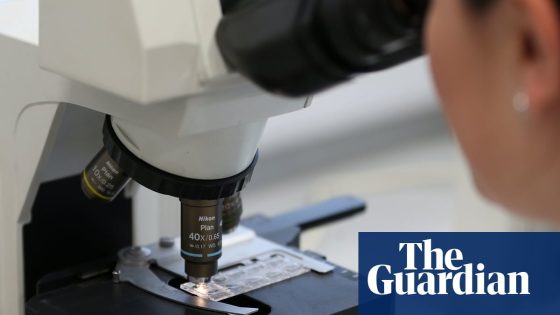Understanding the biological roots of neurodevelopmental conditions like ADHD is crucial for effective treatment. Recent insights from molecular psychiatry highlight how genetic variations and environmental factors shape mental health. On May 30, 2025, Professor Barbara Franke shared her groundbreaking research that bridges genetics, neuroscience, and psychiatry.
- Curiosity about DNA sparked a scientific career.
- Epigenetics explores gene activity modification.
- Interdisciplinary approach enhances psychiatric research.
- Over 500 peer-reviewed publications achieved.
- Mentorship empowers young scientists, especially women.
- Aims for improved psychiatric diagnosis and treatment.
Her work emphasizes the importance of epigenetics, revealing how life experiences can modify gene activity, which may lead to better early detection and prevention strategies for psychiatric disorders. This innovative approach could revolutionize how we address ADHD and similar conditions.
As we explore these findings, one might wonder how quickly we can translate this research into practical applications. The integration of molecular tools and data science opens new avenues for personalized mental health care. Consider these recommendations:
- Stay informed about advancements in ADHD research.
- Consult with healthcare professionals about genetic testing options.
- Engage in lifestyle changes that promote mental well-being.
- Advocate for personalized treatment plans tailored to individual needs.
As we look ahead, embracing these scientific advancements could lead to significant improvements in mental health care, making it essential for both patients and practitioners to stay engaged with ongoing research.

































